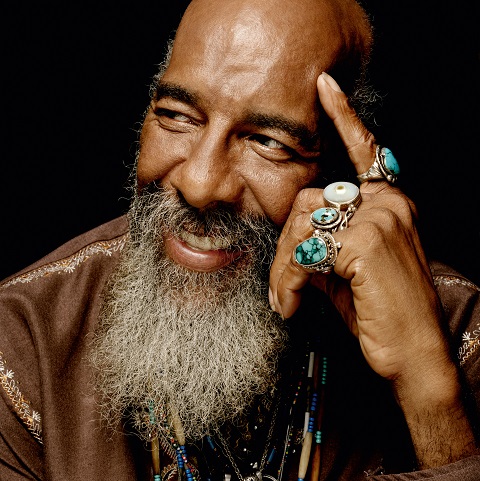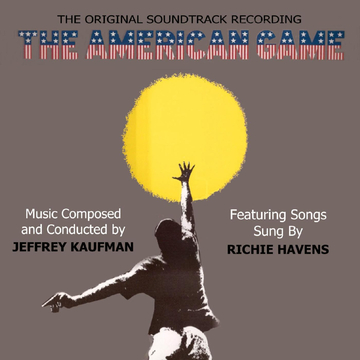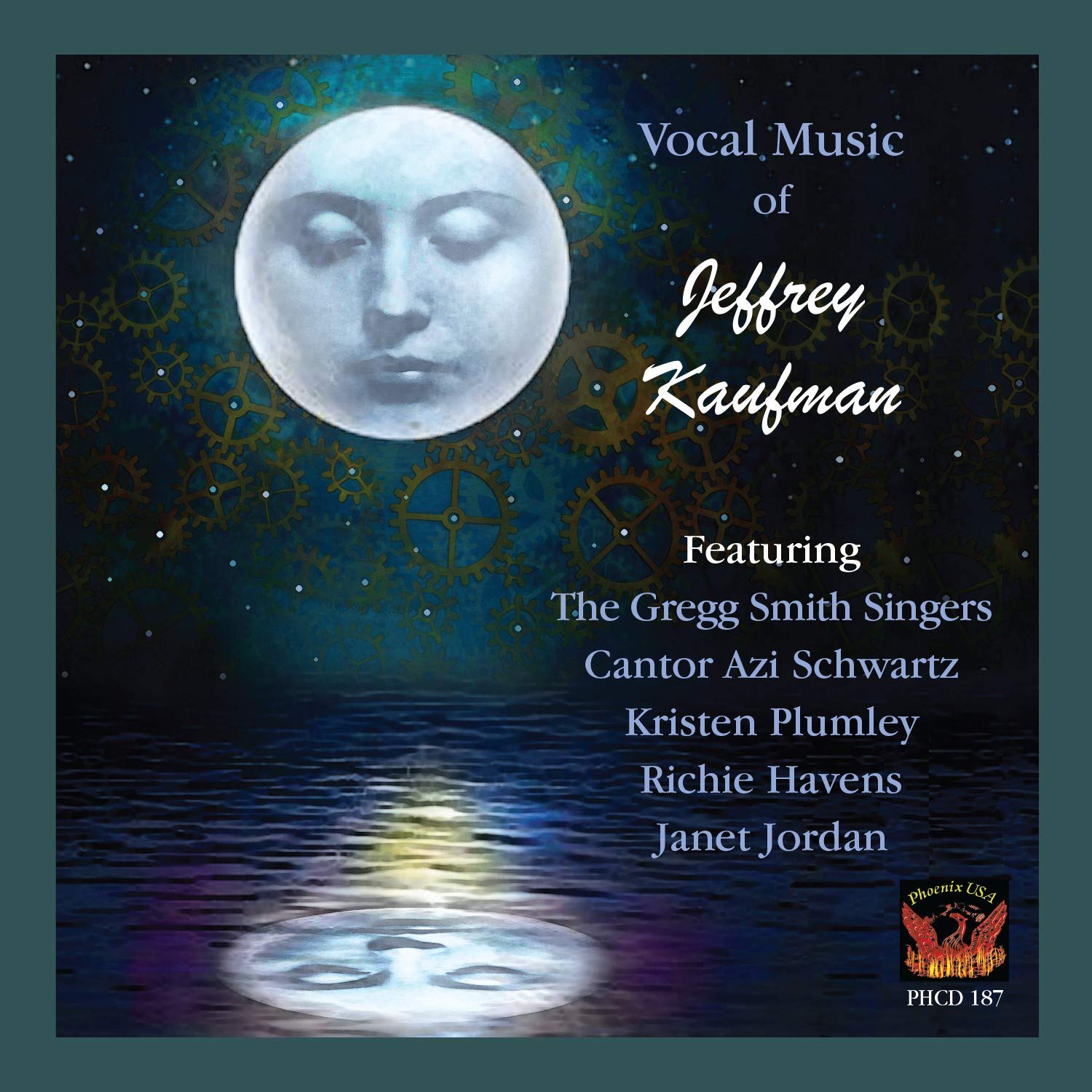
Havens, Richie
Richie Havens at age 20 left Brooklyn, seeking artistic stimulation in Greenwich Village. “I saw the Village as a place to escape to, in order to express yourself,” he recalled. “I had first gone there during the Beatnik days of the 1950s to perform poetry, then I drew portraits for two years and stayed up all night listening to folk music in the clubs. It took a while before I thought of picking up a guitar.”[5] Havens’ solo performances quickly spread beyond the Village folk circles. He signed on with Bob Dylan’s manager, Albert Grossman, and landed a record deal with the Verve Folkways (later Verve Forecast) label. Verve released Mixed Bag in late 1966, which featured tracks such as “Handsome Johnny” (co-written by Havens and actor Louis Gossett Jr.) By 1969, he had released five more albums. Something Else Again (1968) became his first album to hit the Billboard charts, and it pulled his first album, Mixed Bag back onto the charts. Havens’ live performances earned widespread notice. His Woodstock appearance in 1969 catapulted him into stardom and was a major turning point in his career. As the festival’s first performer, he held the crowd for nearly three hours. In part, Havens was told to continue playing because many artists scheduled to perform after him were delayed in reaching the festival location with highways at a virtual standstill. He was called back for several encores. Having run out of tunes, he improvised a song based on the old spiritual “Motherless Child” that became “Freedom”. Following the success of his extraordinary Woodstock performance, Havens started his own record label, Stormy Forest, and released Stonehenge in 1970. Later that year came Alarm Clock, which included the George Harrison-penned hit single, “Here Comes the Sun”. This was Havens’ first album to reach Billboard’s Top 30 Chart. Stormy Forest went on to release four more of his albums: The Great Blind Degree (1971), Live On Stage (1972), Portfolio (1973), and Mixed Bag II (1974). Memorable television appearances included performances on The Ed Sullivan Show and The Tonight Show Starring Johnny Carson. On the latter program, the audience reacted with such enthusiasm that when the applause continued even after the commercial break, Carson asked Havens to return the following night. In 1993, Havens performed at the inauguration of President Bill Clinton. Among the selections was the “Cotton” song, made famous by a series of television ads in the early 1990s. In 1999, Havens played at the Tibetan Freedom Concert for an audience of more than 100,000. Havens was the 20th living recipient of the Peace Abbey Courage of Conscience Award, presented in Sherborn, Massachusetts, on April 12, 1991. Havens appeared in the acclaimed 2009 film Soundtrack for a Revolution, which provided a general history of the modern Civil Rights Movement and featured modern artists performing many of the era’s musical classics. In the film, Havens performed a haunting rendition of “Will the Circle Be Unbroken?”. On May 3, 2009, Havens performed at the fundraising concert in honor of Pete Seeger’s 90th birthday. In June 2009, he performed at the fifth annual Mountain Jam Festival. The event, hosted by Allman Brothers Band and Gov’t Mule guitarist Warren Haynes, was held at the Hunter Mountain Ski Resort in Hunter, New York. As is the tradition, the festival took place on the weekend following Memorial Day. On April 22, 2013, Richie Havens died of a heart attack at home in Jersey City, New Jersey, at the age of 72. The BBC referred to him as a “Woodstock icon,” while Stephen Stills of Crosby, Stills, Nash & Young said Havens “could never be replicated.” The Daily Telegraph stated Havens “made an indelible mark on contemporary music,” while Douglas Martin of The New York Times reported that Havens had “riveted Woodstock.” Pursuant to Havens’ request, he was cremated, and his ashes were scattered from the air over the original site of the Woodstock Festival, in a ceremony held on August 18, 2013, the 44th anniversary of the festival’s last day.

